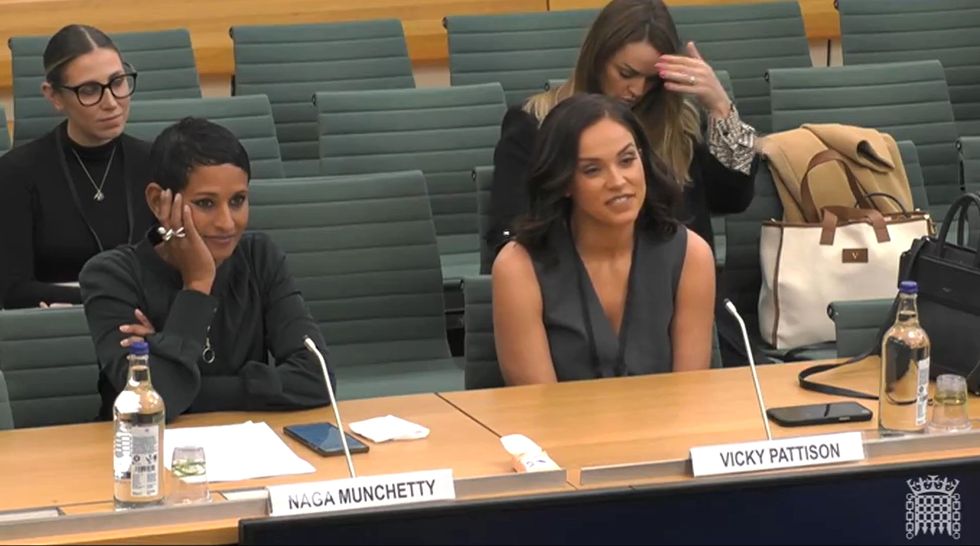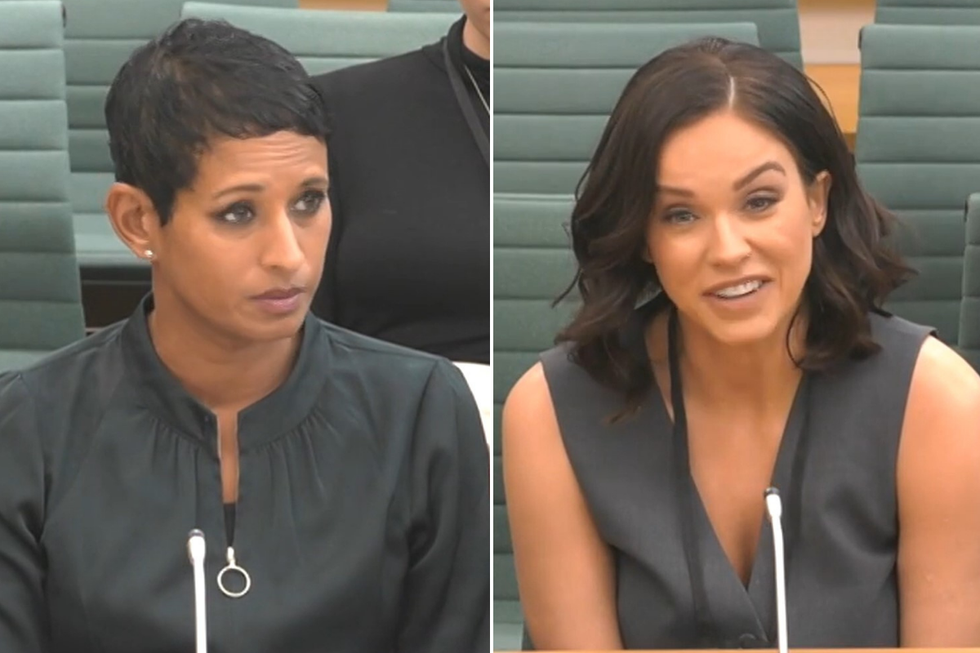‘Medical misogyny’ blamed for harming women’s fertility and condemning them to years of needless pain
A plague of “medical misogyny” has damaged women’s fertility, resulting in Britons experiencing debilitating pain for years.
MPs issued a warning following a report, produced by the Women and Equalities Committee, which identified a “pervasive stigma” and poor education on conditions such as endometriosis, adenomyosis and heavy periods.
Doctors were accused of leaving women to “suck it up” and tolerate significant pain before they receive a diagnosis of an extremely painful condition which may “interfere with every aspect of their daily lives”.
MPs also highlighted that women only manage to acquire medical support once their condition has already caused damage to their fertility.

The report has come at the same time of wider discussion surrounding plummeting birth rates across England, with women now having fewer children than at at point since records began in 1938.
“Medical misogyny” has caused the NHS to fail in areas of women’s health – which has meant that there is a lack of research and, consequently, a lack of treatment and specialists for women.
Charity Endometriosis UK has found that almost half of those with the debilitating condition ended up having to see their GP ten times or even more – just for a diagnosis.
Sarah Owen, who chairs the committee, said: “Our inquiry has shown misogyny in medicine is leaving women in pain and their conditions undiagnosed. Women are finding their symptoms dismissed, are waiting years for life-changing treatment and in too many cases are being put through trauma-inducing procedures. All the while, their conditions worsen and become more complicated to treat.
LATEST DEVELOPMENTS:
- Farmer warns Labour of ‘French-like’ protests over inheritance tax fury
- Young farmer blasts Labour for ‘ruining his future’ with inheritance tax raid on industry
- Tice blasts ‘useless’ Badenoch for failing to challenge Starmer on farmer inheritance tax raid
“Up to one in three women live with heavy menstrual bleeding, one in ten have a condition such as endometriosis or adenomyosis. It cannot be right that despite the prevalence of these conditions, that such a lack of understanding and awareness persists. This issue is impacting so many women across the country from their teens through to their retirement.”
TV presenter Naga Munchetty provided evidence to the committee after sharing her own harrowing experience of pain over 32 years of her life and was advised to “suck it up”.
Once Munchetty went to a private practice, she was diagnosed with adenomyosis – a condition which causes uterus cells to grow outside the womb.
Vicky Pattison, known for her reality television appearances, has premenstrual dysphoric disorder.
She also gave evidence before the committee, arguing that the NHS ought to “take women seriously” on matters of health.

GP surgeries have been named and shamed in the report, as authors have pointed to a “clear lack of awareness and understanding of women’s reproductive health conditions among primary healthcare practitioners”.
An NHS England spokesman said: “Too often in the NHS we hear of women whose health concerns have been dismissed, which is why we are taking action to improve services for women, including rolling out women’s health hubs across the country.
“The hubs are giving thousands more women access to specialist support in the community which not only improves access and women’s experiences of care, but also helps to upskill healthcare professionals with a full range of staff working in one place.
“The NHS is also developing a network of women’s health champions made up of senior leaders in every local care system to drive forward improvements in women’s health.”

